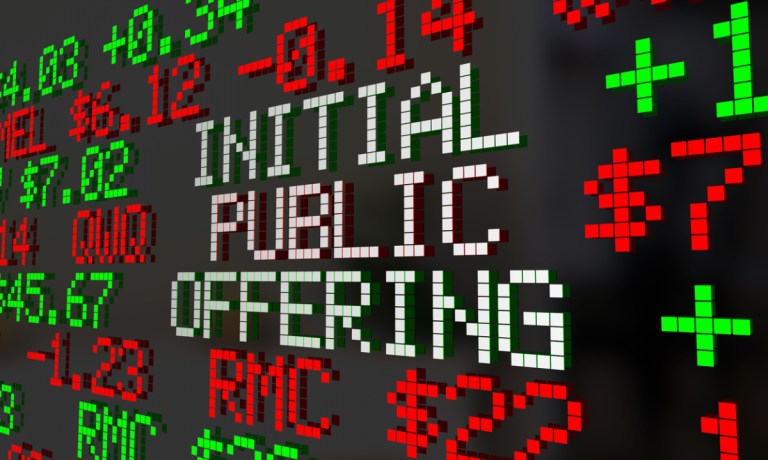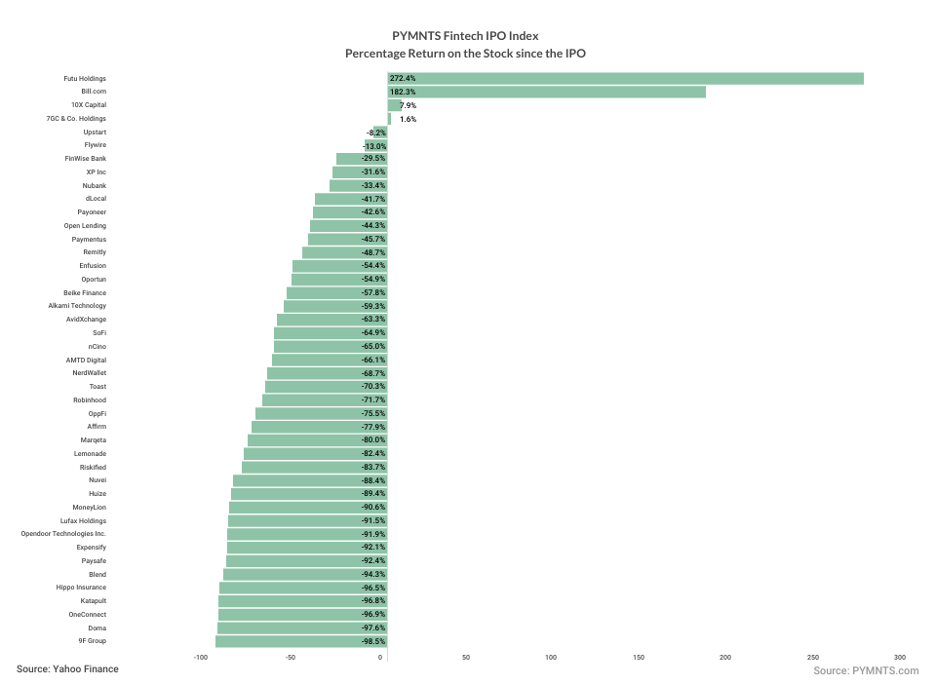What’s Next as Instacart and Arm Flirt With Busted IPO Status?

On Wall Street, a “busted” IPO is one that’s simply defined — the stock trades below the initial offer price.
At this writing, two of the most recent market entrants tied to key trends in payments and commerce in general — touching on platforms and artificial intelligence (AI) — are flirting with “busted” status.
Instacart’s initial public offering (IPO) price was $30 earlier in the month. The stock is trading at $30, having popped to a high of $42 and dipped below the $30 level this week.
Arm Holdings, the chipmaker that has a direct stake in the clamor for all things AI, for its part, had an IPO price of $51 last week, saw a recent peak of $69 and now trades a hair below $51.
It’s been a volatile week on Wall Street, to be sure, and it makes sense that the volatility would hit the shares as noted above. And in an environment where the Federal Reserve has paused interest rate hikes but has said that more increases will be in the offing, that’s enough to rattle investors.
Hints of Headwinds
But even coming into the week, and headed into the IPOs, there have been hints of headwinds — or more accurately, the perception of headwinds — that indicate all might not be rosy in the months ahead. Instacart, for example, was valued at roughly $11 billion when it came public, but had been valued at nearly $40 billion during its private-market days. The market cap right now is roughly $8.3 billion.
The company’s filings reveal that orders were roughly flat through the first six months of 2023, at $132.9 billion, vs. $132.3 billion in the corresponding period last year.
Instacart said in the filing that “throughout 2022 and the first six months of 2023, inflationary pressures have resulted in higher GTV and average order values. However, customers have also been purchasing fewer items on average per order and shifting toward lower-price product categories on Instacart, partially offsetting the effects of inflation on average order values. These factors and the magnitude of their effects are expected to cause our average order value to continue fluctuating over the near term.”
Wall Street hates uncertainty, as it is so often said. Arm’s filings with the Securities and Exchange Commission (SEC) show that an increasing percentage of revenues are derived from China, at 25% in the latest fiscal year, up from 18% in the year before. Much of that top-line momentum is tied to demand for smartphones (and Arms chips powering those smartphones). Total revenues for the quarter that ended in June were down 2%.
As for Instacart: PYMNTS’ own data indicates that as inflation remains an everyday concern, though moderating overall. In the report “Consumer Inflation Sentiment: Inflation Slowly Ebbs, But Consumer Outlook Remains Gloomy,” 62% of consumers said they plan to cut down on unnecessary grocery expenses, and nearly half of individuals have been switching to cheaper merchants.
The FinTech IPO Index, as tracked by PYMNTS, may serve as harbinger. Or it may not. But the accompanying chart shows that almost all of the platforms and lenders and relatively new/recent entrants to the public markets are underwater, at least as measured by the benchmark of their IPO prices.
